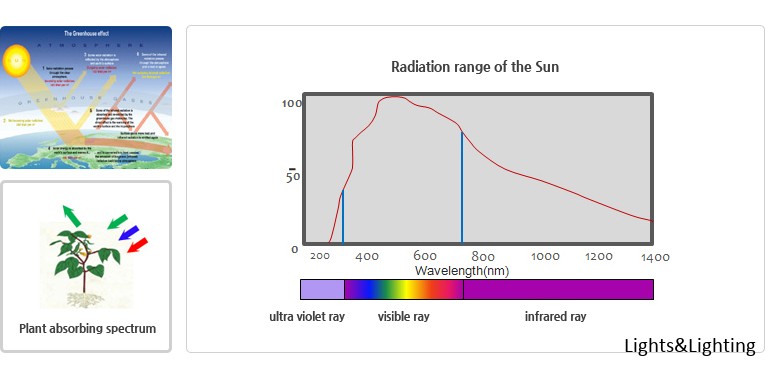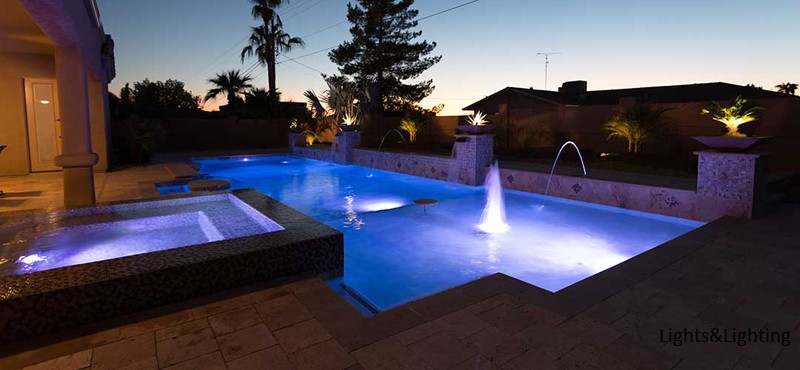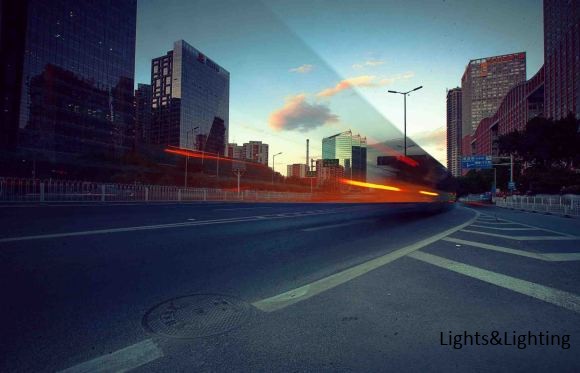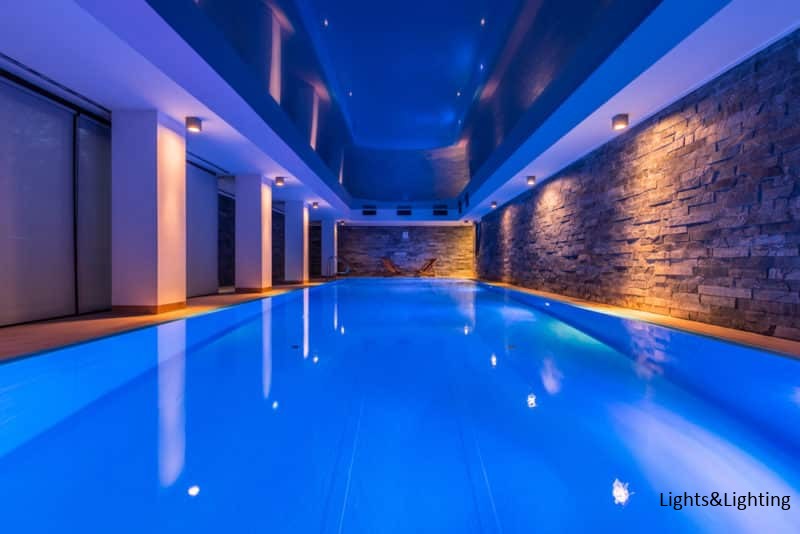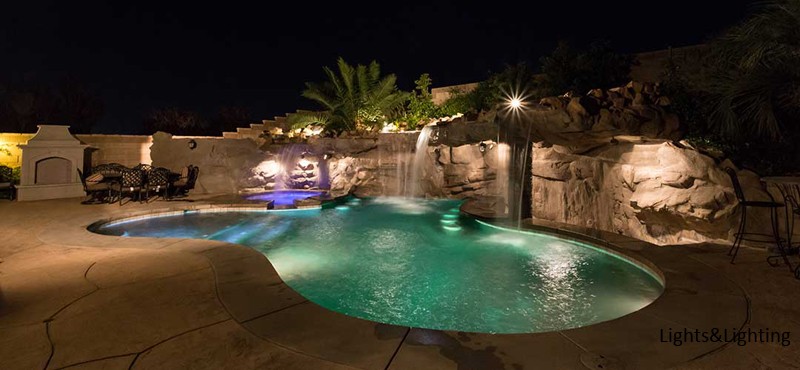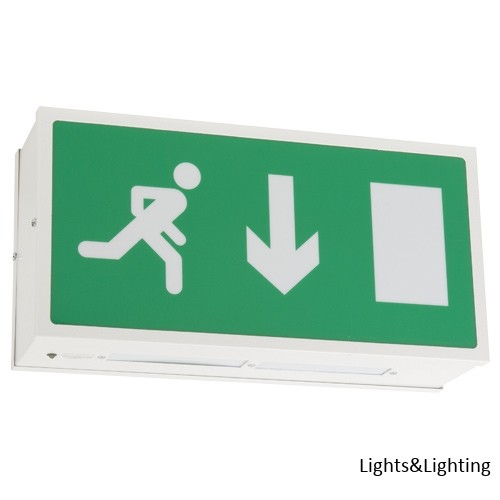Batten Lights
Batten lights are an electrical fitting containing a tube lamp to provide an artificial light and can be fitted to the ceiling or a wall. Ensuring a workplace has adequate illumination is essential for employee health and safety. Substandard or insufficient lighting can lead to various complaints including eye-strain, headaches and fatigue and can result in quality issues, low productivity and sometimes accidents can occur.
What batten light is best for me?
There are various types of batten fixture available, choosing the best one for an installation depends on a few key factors.
Natural light: Make the best use of existing natural light. Ensure that all windows and skylights are kept clean to allow as much natural light is utilised.
Application: Make sure that the correct type of ceiling lighting is installed for the job at hand. An office environment requires different lighting to a clothing factory containing sewing machines and fabric matching tables.
Positioning: Care must be taken when installing ceiling lighting. The correct positioning of lighting ensures that employees can safely carry out their daily tasks and not put themselves under any unnecessary strains.
Environment: Must your batten light be Anti-corrosive or IP44 rated or above.
Whether you are installing office lighting, garage lighting, LED or fluorescent, industrial batten lights are the most likely. Some additional points to consider are;
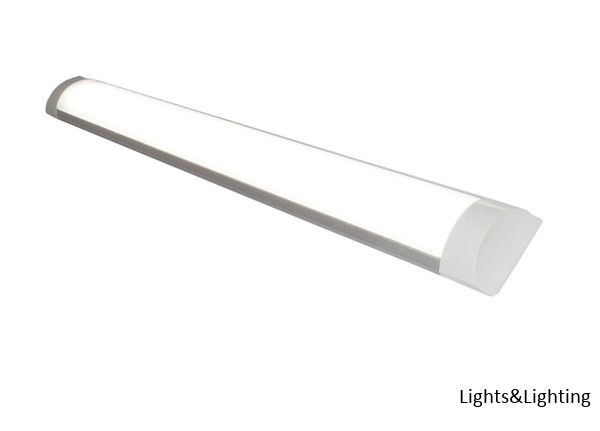
Mounting type
Recessed or flush light: Enables the lamp to be mounted flush into the ceiling.
Surface mount: A simple way of fixing single or twin batten fluorescent or LED fixtures to the ceiling.
Pendant: A type of fitting that suspends the lamp a short distance from the ceiling.
Dimmable: Must the lighting be dimmable? If so, extra ballasts and switching components must be used.
Diffusers: Used to spread and soften the light.
Colour Temperature
Colour temperature refers to a scale that measures the type of colour or hue that a lamp emits. The colour temperature scale is measured in Kelvins (K). The higher the K number, the cooler the lamp. The lower the K number, the warmer the lamp.
2500K Extra warm white.
2700K Warm white.
3000K Warm white / White.
3500K White.
4000K Cool white.
6500K Daylight.
